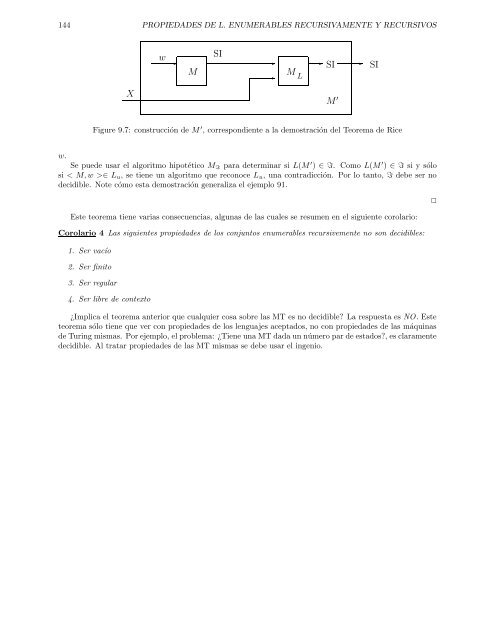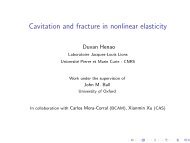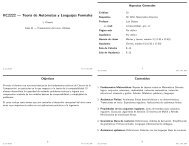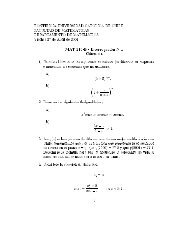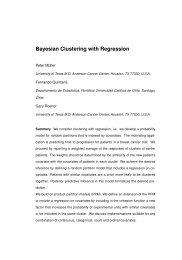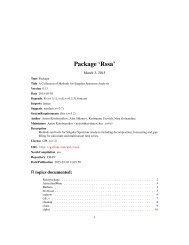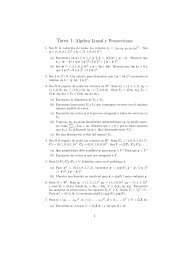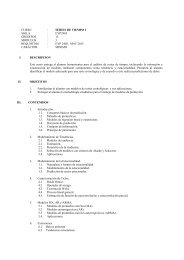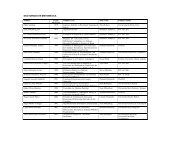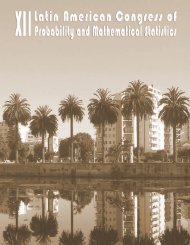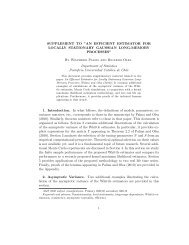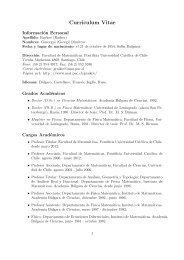Teor´ıa de Autómatas y Lenguajes Formales
Teor´ıa de Autómatas y Lenguajes Formales
Teor´ıa de Autómatas y Lenguajes Formales
- No tags were found...
You also want an ePaper? Increase the reach of your titles
YUMPU automatically turns print PDFs into web optimized ePapers that Google loves.
144 PROPIEDADES DE L. ENUMERABLES RECURSIVAMENTE Y RECURSIVOSw ✲MSI✲✲M L✲SI✲SIXM ′Figure 9.7: construcción <strong>de</strong> M ′ , correspondiente a la <strong>de</strong>mostración <strong>de</strong>l Teorema <strong>de</strong> Ricew.Se pue<strong>de</strong> usar el algoritmo hipotético M I para <strong>de</strong>terminar si L(M ′ ) ∈ I. Como L(M ′ ) ∈ I si y sólosi < M, w >∈ L u , se tiene un algoritmo que reconoce L u , una contradicción. Por lo tanto, I <strong>de</strong>be ser no<strong>de</strong>cidible. Note cómo esta <strong>de</strong>mostración generaliza el ejemplo 91.Este teorema tiene varias consecuencias, algunas <strong>de</strong> las cuales se resumen en el siguiente corolario:Corolario 4 Las siguientes propieda<strong>de</strong>s <strong>de</strong> los conjuntos enumerables recursivemente no son <strong>de</strong>cidibles:1. Ser vacío2. Ser finito3. Ser regular4. Ser libre <strong>de</strong> contexto¿Implica el teorema anterior que cualquier cosa sobre las MT es no <strong>de</strong>cidible? La respuesta es NO. Esteteorema sólo tiene que ver con propieda<strong>de</strong>s <strong>de</strong> los lenguajes aceptados, no con propieda<strong>de</strong>s <strong>de</strong> las máquinas<strong>de</strong> Turing mismas. Por ejemplo, el problema: ¿Tiene una MT dada un número par <strong>de</strong> estados?, es claramente<strong>de</strong>cidible. Al tratar propieda<strong>de</strong>s <strong>de</strong> las MT mismas se <strong>de</strong>be usar el ingenio.✷


